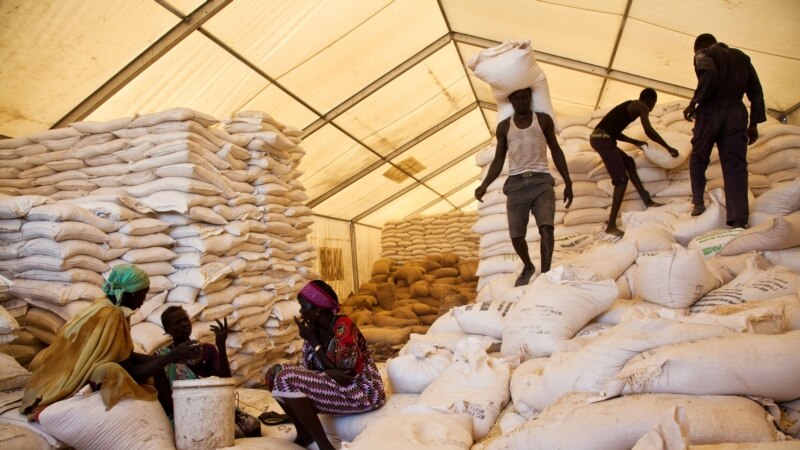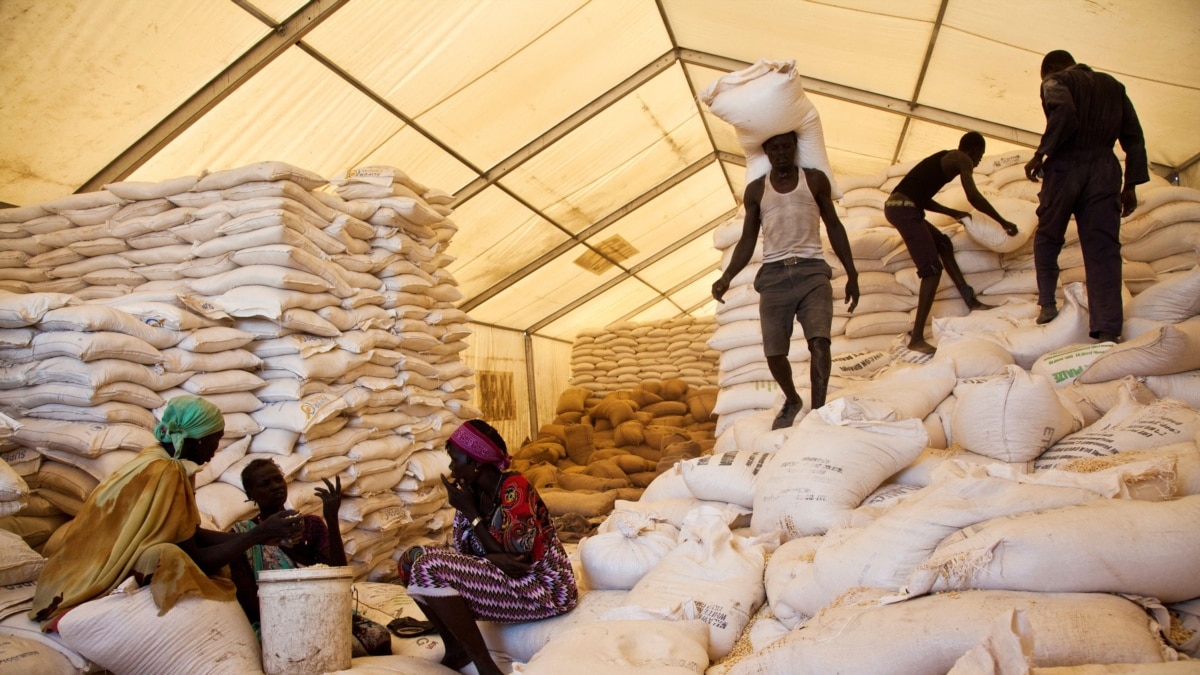This website uses cookies so that we can provide you with the best user experience possible. Cookie information is stored in your browser and performs functions such as recognising you when you return to our website and helping our team to understand which sections of the website you find most interesting and useful.


The World Food Program reports it has been forced to suspend food assistance for 1.7 million people in South Sudan because of a funding shortfall of $426 million.
Conflict, three years of flooding, localized drought, and soaring food prices made worse by the COVID-19 pandemic, and the war in Ukraine have brought South Sudan to its knees.
The World Food Program's acting country director in South Sudan, Adeyinka Badejo, says the country is facing its worst year of food insecurity since independence in 2011. Speaking from the capital, Juba, she says the WFP had planned to assist 6.2 million people this year. Since it has run out of cash, she says the WFP has been forced to take food away from the hungry to feed the starving.
“These cuts are happening at the start of the lean season when families have completely exhausted any food reserves and are likely to continue to suffer acute levels of hunger as the lean season deepens…We are in famine prevention mode as we focus our available resources to assist people at the brink of famine and some of those at risk of starvation.”
Badejo says the funding situation is so critical that food rations for many of the U.N. food agency’s beneficiaries have had to be cut in half. These cuts, she notes, are occurring when food stocks are at their lowest. She warns millions of people will suffer acute levels of hunger as the lean season deepens and reaches its peak in July.
Consequently, she says, many people will be forced to adopt negative coping strategies just to survive.
“My team in western Bahr El Ghazal, where we have seen the highest increase in acute malnutrition, report that local communities are resorting to chopping down more and more trees to make and sell charcoal just to survive. We are also seeing an increase in the number of child beggars in just the last two weeks.”
The WFP estimates 8.3 million people, including 2 million women and children at risk of acute malnutrition, will endure acute hunger during the lean season. It says food aid must be urgently restored in areas where it has been suspended to prevent people from falling into starvation and famine.
The food agency says generous support from donors and early humanitarian action can avert a deadly crisis and save lives.



 Africana55 Radio
Africana55 Radio 
